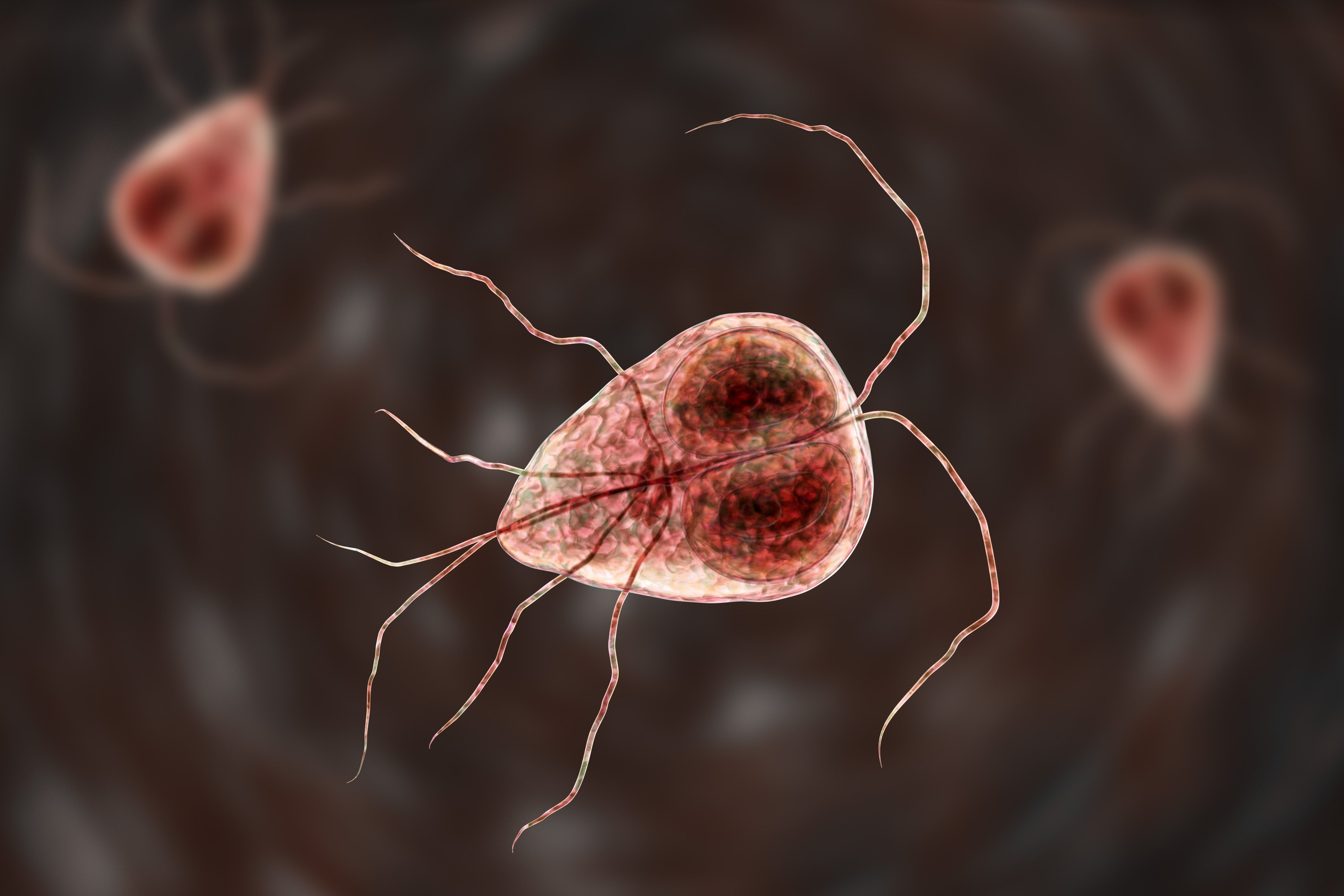
Are you concerned about the purity and safety of your drinking water? If so, you are not alone. Millions of people, around the globe, are beginning to pay more attention to the water that they drink and the health issues associated with less-than-pure water. This article looks at one of the more common contaminants found in water and how you can protect yourself from it. This contaminant is called Giardia.
Giardia (also known as Giardia lamblia or Giardia intestinalis) is a parasite that can cause severe illnesses that include dangerous levels of diarrhea. This particular parasite is one of the more common waterborne contaminants as it is very hearty, protected by an outer layer (cyst) which can allow it to live for months outside the human body or another host. It can be found in all regions of the US and is commonly found across the globe.
Giardia parasites thrive within the intestines of both infected humans and animals. In one single bowel movement, millions of these parasitic cysts can be discharged. If this discharge is near water or into the water, the water becomes contaminated. For a human to become infected the parasite must be ingested, i.e., by drinking contaminated water or eating food that has been contaminated.
There are several ways to remove this dangerous contaminant from water. The first is to filter them out of the water. This is done by your local water treatment plant. Water treatment plants are required by the EPA to filter all surface water that is brought in for treatment. The filtering media catches (or snags) the cysts as they pass through the media. Also, disinfectant chemicals, such as chlorine, are added to the water as it comes into the plant and again as it leaves the plant.
Boiling water for one to three minutes can also be effective in destroying the cysts and rendering them harmless.
Water filters can also be used to help eliminate the possible presence of Giardia in water. The type of home water filtration system employed must be of a type that will trap (filter) the cysts out of the water as it passes through the media.
Individuals who get their household water from sources other than treatment plants should be especially wary of Giardia contamination and infections. Just because the water supply is clean one day does not guarantee that it will be clean the next day. This is very important for those homes and farms that are in close proximity to animals. Remember, Giardia can live and thrive in both human and animal intestines and is discharged via fecal matter. If animals are depositing in water sources (streams, creeks, lakes, ponds, etc.) and you are taking your water from those same sources, you may be in danger of infection.
If you suspect you may be in danger of coming into contact with Giardia cysts contact a reputable water filter vendor and discuss your options. This is time well invested.


Share:
Water Filters for Recreational Vehicles
Inorganic Compounds in Drinking Water